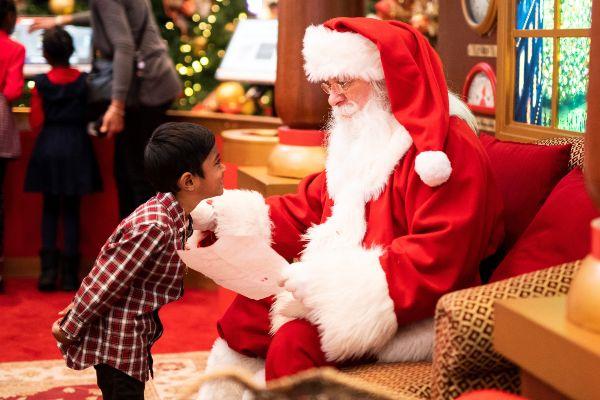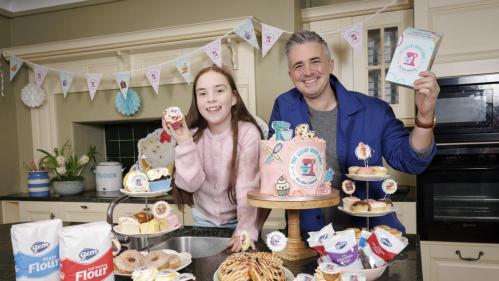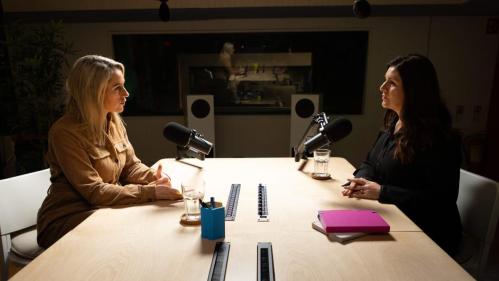At this time of year, talk of Santa is at an all-time high. Although every parent wishes that the magic of Santa could stay within their child forever, this is unrealistic.
Typically, once a child reaches the age of 7 and upwards, they begin to question whether or not Santa is a real person. It always starts innocently - rumours in the school playground, an overheard conversation, or just a seed of doubt planted in their head. Eventually, they will come to you with the question almost every parent dreads - “Is Santa real?”
When you are faced with this conversation, it can be tricky to know how to handle it. If you sense that you might be asked the Big Question soon and you’re anxious about it, fear not! Below, we have devised a list of our top 5 pieces of advice on how to get through it, which will hopefully be beneficial for both you and your child:
Ask them why they’re asking
When they first pose the question to you, the best thing to do is to ask your little one why they are asking it in the first place. If they make a mention of hearing a rumour at school or being told the ‘truth’ by a friend, then this is essential information. Of course, it depends on the age of your child - generally speaking, once they hit their tween years, they should be able to process the reality that Santa doesn’t exist. However, if your child is on the younger side and it seems as though they have been brought to a conclusion by other people and not themselves, then it might be best to divert the conversation away from the subject.
Gauge if they’re ready
This is a crucial step, especially for a younger child. If they have heard something from the playground about Santa being fake, and if they seem particularly upset when they are bringing up the topic with you, then there is a good chance that they are not ready to hear the full truth. If you have a gut feeling that your child needs some more time to live in the magic before being faced with reality, then we would advise you to trust that paternal instinct. Instead, when your child asks you, “Is Santa real?”, change the subject and eventually, they will forget all about it until they are naturally ready to discuss it again.
Allow them to be upset
Cast your mind back to the moment when you discovered that Santa wasn’t real - we can almost guarantee that it was an upsetting one! For many children, it is the first crack in the magical mindset of childhood, and it can sting initially. Once you have told your child the truth, allow them to cry if they feel the need to. This harsh crash into reality can be an overwhelming one for little minds, and they will need some time to adjust. At that age, it’s a big deal!
Don’t continue to lie
One of the worst things you can do, especially for a child who is clearly ready to be told the truth, is to continue the lie even further. If you insist that Santa is real and feed them more elaborate details, then this might lead to resentment down the line, when they are eventually told the truth. Sometimes, little white lies aren’t always the best route to take!
Explain the history of Santa
If your child is particularly struggling to deal with the realities of Santa not being real anymore, then we think it is a lovely idea to explain to them that Santa is more of an idea than a person. Talk about your own childhood experiences with Santa, and show them that parents all across the world have created the idea of Santa to give their children as much magic and joy as possible over the Christmas season. By putting a positive spin on the reveal, your child will hopefully be able to absorb the news in a healthier way.







